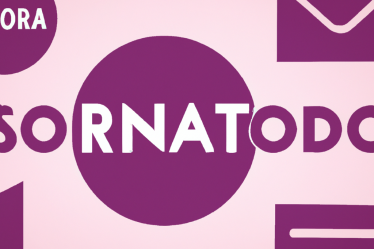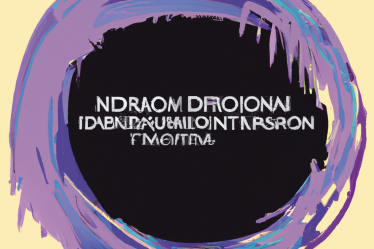
Unlock the Healing Power of Music Therapy: Enhance Your Mind and Body
Music has the power to transport us to different states of mind, evoke deep emotions, and even heal our minds and bodies. Music therapy is an increasingly recognized practice used to aid in the treatment of various mental and physical health conditions. In this article, we will explore how music can be a powerful tool for healing and well-being.
The Benefits of Music Therapy
Music therapy is a form of therapy that uses music as a means of communication and expression. It can be practiced in various ways, such as listening to music, playing an instrument, singing, or improvising melodies. The benefits of music therapy are vast, encompassing both mental and physical health.
Studies have shown that music can reduce stress, anxiety, and depression, improve sleep quality, increase concentration and creativity, and even strengthen the immune system. Moreover, music therapy has been successfully used in treating conditions such as autism, Alzheimer’s, brain injuries, and developmental disorders.
How Music Therapy Works
Music has the power to affect our brains in profound and complex ways. When we listen to music, our brain releases neurotransmitters like dopamine, which are associated with pleasure and a sense of well-being. Additionally, music can activate different areas of the brain, including those responsible for memory, emotion, and language.
In music therapy, the therapist uses music in a structured and individualized manner to help the patient achieve their therapeutic goals. This may include improving communication, reducing stress, boosting self-esteem, promoting emotional expression, or developing motor skills.
Applications of Music Therapy
Music therapy can be applied in a variety of settings, including hospitals, rehabilitation clinics, schools, nursing homes, and private practices. It can be used both individually and in groups, and can be adapted to meet the specific needs of each patient.
In the field of mental health, music therapy has been used to treat disorders such as anxiety, depression, post-traumatic stress disorder, and schizophrenia. It can help patients express emotions they cannot put into words, process past traumas, and develop healthy coping skills.
In the field of physical health, music therapy has been used in the treatment of conditions such as chronic pain, muscle injuries, heart disease, and cancer. Music can help alleviate pain, reduce blood pressure, improve mobility and coordination, and strengthen the immune system.
How to Incorporate Music Therapy into Your Life
You don’t need to be a professional musician to benefit from music therapy in your daily life. Here are some simple ways to incorporate music into your routine to promote well-being:
- Listen to your favorite songs when you’re feeling stressed or anxious.
- Sing in the shower or car to release repressed emotions.
- Try playing an instrument, even if it’s just for fun.
- Dance to upbeat music to boost your mood and energy.
Experiment with different styles of music and discover which ones are most beneficial for you. Remember that music is a subjective art form, and what works for one person may not work for another.
Conclusion
Music therapy is a powerful and effective practice that can bring numerous benefits to your mental and physical health. By incorporating music into your daily life, you can reduce stress, increase creativity, boost self-esteem, and promote overall well-being. Try different forms of music therapy and discover how music can heal your mind and body in surprising ways.
Secrets to Achieving a Balanced Body Health
Os Segredos para Uma Saúde do Corpo em Equilíbrio
Unraveling the Mysteries of the Human Mind: Exploring Psychology
Os mistérios da mente humana: desvendando a psicologia
10 Tips to Instantly Improve Your Quality of Life



